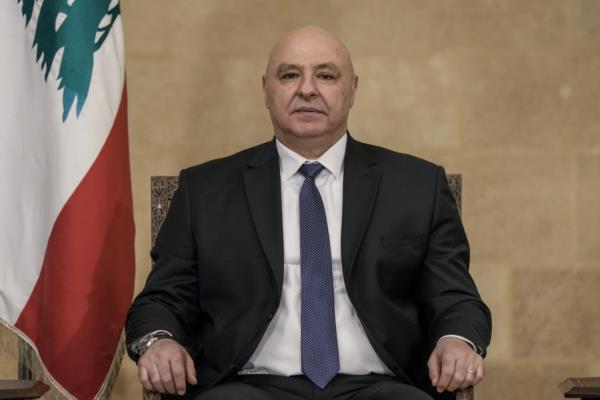
Saudi Arabia played a crucial role in determining Lebanon's presidential fate, as a last-minute push by the kingdom led to the election of a new president. With less than 24 hours before the parliamentary vote, Lebanon's political landscape was in disarray, with multiple contenders vying for the position.
Following intense debates and disagreements, a Saudi delegation, led by Prince Yazid bin Farhan, intervened and successfully garnered support for the US-backed candidate, Aoun. This support led to Aoun receiving 99 out of 128 votes in parliament, surpassing the required two-thirds majority.
Aoun's election marked the end of a nearly eight-year disengagement by Saudi Arabia from Lebanon, which was perceived as being under Iranian influence through Hezbollah. The Shia duo, Hezbollah, and Amal party, strategically voted for Aoun, despite his mandate to disarm them, signaling a shift in alliances.
International efforts, including diplomatic talks by France and the US, played a significant role in securing Aoun's presidency. France, maintaining a diplomatic channel with Hezbollah, and the US envoy to Lebanon, actively supported Aoun's candidacy.



Hezbollah's decision to support Aoun, despite potential disarmament, reflects a nuanced approach to maintain national stability and sovereignty. The group's strategic ambiguity amidst regional challenges, including conflicts with Israel and the ousting of Assad, underscores the complexity of Lebanon's political landscape.
Aoun's presidency faces the daunting task of overseeing Hezbollah's disarmament, managing civil strife, and addressing Israeli presence in southern Lebanon. The president's commitment to statehood legitimacy and socio-economic prosperity offers hope for a country navigating uncharted waters.
As Lebanon embarks on a new chapter under Aoun's leadership, the international community closely watches the unfolding dynamics in the region, anticipating a balance between stability, security, and sovereignty.







